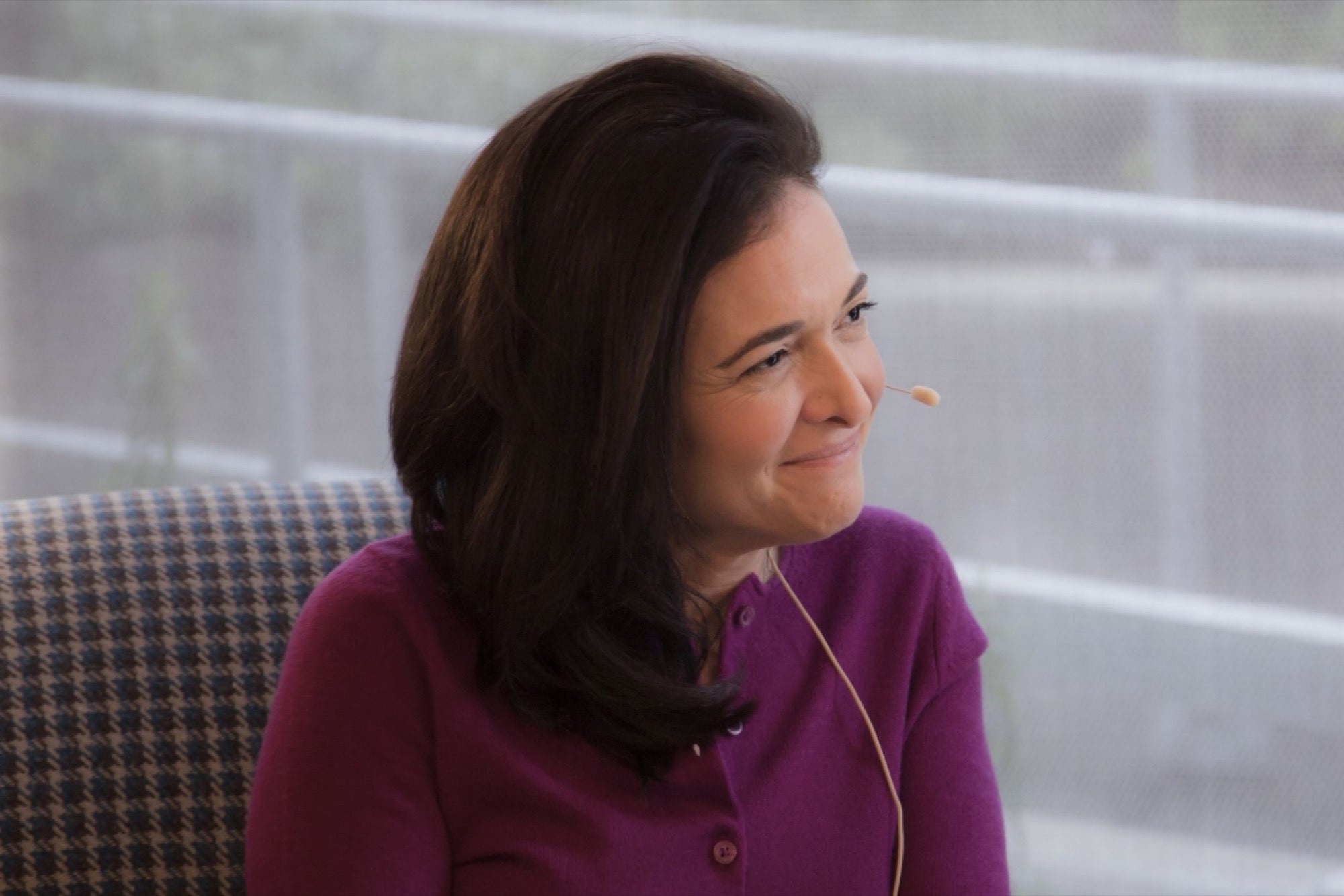Will You Be a Winner In The Experience Economy, Or A Once-Great Business That Fails? In today's Experience Economy, organisations can no longer consider it 'job done' when a sale closes, or a project is implemented. Staying ahead of competitors requires so much more.
Opinions expressed by Entrepreneur contributors are their own.
You're reading Entrepreneur South Africa, an international franchise of Entrepreneur Media.

In today's Experience Economy, organisations can no longer consider it "job done' when a sale closes, or a project is implemented.
The on-going disruption wrought by technology requires constant change and adaptation. Organisations must constantly evolve, change, improve and optimise their systems and services.
A once-off implementation or acquisition is not going to deliver the competitive advantage needed to succeed. A single innovation or disruptive technology could reshape entire industries overnight.
Consistently deliver value
What organisations should strive for in the age of customer experience is an unwavering commitment to customer success.
Related: Do You Know Who Your Real Competitors Are?
By creating a unified and outcome-focused experience for customers, organisations can more easily become business or innovation partners to their customers.
This shifts the dynamic away from once-off sales and lengthy deployment projects, to on-going transformational support as the customer travels along the path of their innovation journey.
The objective here is to provide guidance and support to customers to ensure they utilise their technology tools to their full potential.
Technology providers need to instil a customer-first culture throughout their organisation to provide a positive experience to customers.
Related: A Quick Guide to Monitoring Your Competitors in 2019
This in turn builds trust, and when there is trust, the quality of collaboration improves, and it becomes easier to consistently deliver value.
Mind your Xs and Os
Our global CEO recently said that everyone should "remember their Xs and Os," meaning organisations should develop the ability to collect, measure and combine their experience (X) data and their operational (O) data.
He believes the difference between companies that will win in the Experience Economy and those that will lose out is that successful organisations understand how X-data and O-data work together to tell the story of what's happening within the organisation.
With the correct analysis, the data can help business leaders understand why certain things are happening and what actions they need to take to act in real time and deliver breakthrough business results.
Related: Reduce Your Costs And Gain A Competitive Advantage
By using modern technology tools, organisations can build the capabilities to:
- Centralize Xdata from customers, employees or any other stakeholder at every meaningful touchpoint on a single, enterprise-wide system, making it simple for organisations to listen
- Connect Xdata to the operations and processes of their business to understand why things are happening, spot hidden trends and then automatically make recommendations to help correct what doesn't work and amplify what does
- Act, which leads to customers that stay longer, buy more and share with friends; and employees who deliver more, build a positive culture and advocate for their brand.
Pulling it all together
It's important to note that customer experience is not the sole reserve of the CEO or the CMO (or even the newly-created position of Customer Experience Executive); it is the responsibility of every person within the organisation.
Related: 10 Ways to Edge Out a Threatening Competitor
Using technology tools can support businesses by enabling them to generate quantifiable data.
With the correct analyses, the data can point to deficient experiences and highlight opportunities for deepening brand affection and loyalty among customers that enjoy positive experiences.
With the support of a team working in a customer-first culture, this can turn customers into fanatics, products into obsessions, and employees into ambassadors.
Why settle for less?













